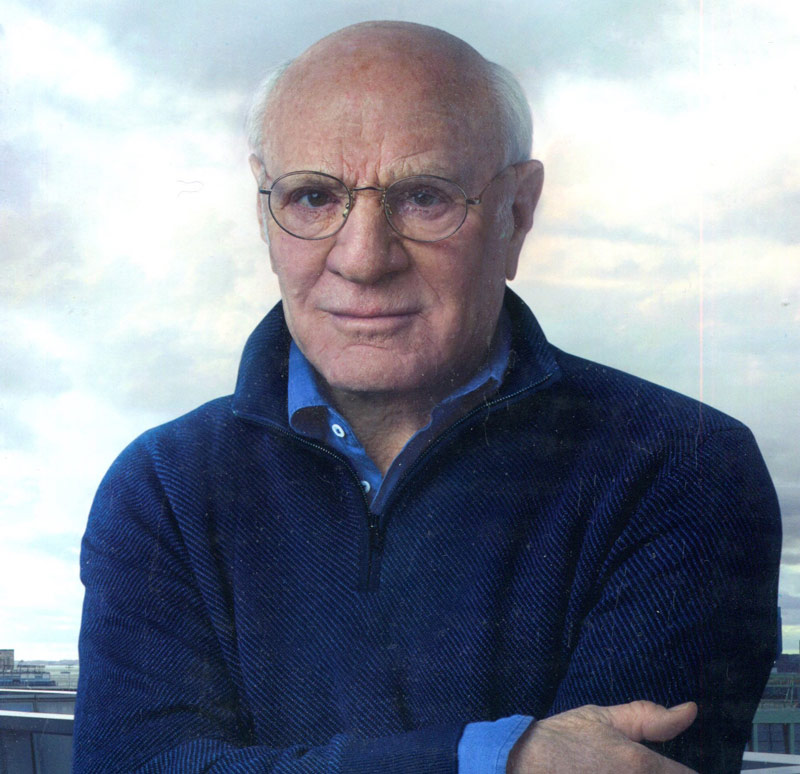The thing about memoirs is that it’s difficult to trust what any one person, successful or not, intelligent or not, qualified or not, has to say about his or her own life. What man knows himself and the world around him well enough to put the events of his life into a reasonable order and convey the causes and effects of a life story? Would you trust that man, with all his insight and blind spots, to tell you that story truthfully?
Then, when I hear that a billionaire entertainment executive has written a business memoir, I also wonder: What is he trying to sell me? Or bully me into believing? The American novelist and essayist Joan Didion wrote that “setting words on paper is the tactic of a secret bully.” Then again, which aspect of modern life isn’t trying to bully you into believing something?
There is little trace of a domineering agenda in Barry Diller’s business memoir Who Knew (336 pgs., Simon & Schuster, 2025, $30). Instead of pushing the reader to arrive at conclusions about his life, the title conveys the opposite — surprise or the ironic lack thereof. The title suggests a dry sense of humor that is refreshing from an American billionaire businessman whose accomplishments include serving as chairman and chief executive officer of Paramount Pictures from 1974 to 1984, and of 20th Century Fox from 1984 to 1992, followed by episodes purchasing stakes in the QVC shopping network, as well as USA Network, until finally becoming chairman of the travel technology company Expedia in 2005, a role he continues to serve in. Reading Who Knew, you grow to appreciate Diller’s frank and unpretentious account of his own life.
Who Knew is divided into acts like a play, with the first act covering his life before becoming chairman of Paramount, the second covering the subsequent years of his career, and the third covering his life after 50 years old, focusing on the early ’90s when he took over QVC.
Diller grew up in a “perfectly dysfunctional” household in the manicured and private streets of Beverly Hills, California. His father owned a construction supply business that took him to Los Angeles during the postwar housing boom. After dropping out of the University of California, Los Angeles, he started out in the mailroom at William Morris, the famed talent agency. From there, he climbed the ranks at ABC, where he established the idea of made-for-TV movies with the launch of ABC Movie of the Week, an anthology series featuring made-for-TV movies.
Who Knew is full of details about meetings and dinners with bigwigs in American media. Diller reveals, without shyness, hiring drama about his arrival at Fox Studios. He also shares his point of view on the creation of the FOX TV network. Of his experience in those early days, he writes, “We learned not to program in the mainstream and instead be an alternative entertainment experience.” Diller provides his business insight and acumen throughout the chapters devoted to his career.
Much has been speculated about Diller’s sexual orientation in the press and in public, and in his memoir he directly addresses his relationships with both men and women. He speaks with candor about his gay life as well as his long-lasting relationship with Diane von Furstenberg, who he first met in 1974 and married in 2001. Von Furstenberg, the Belgian fashion designer whose biggest contribution to the fashion industry has been the wrap dress, had previously been married to the German Prince Egon von Furstenberg, but they divorced in 1973. He describes partying with the newly divorced von Furstenberg at Studio 54 in the late ’70s, and how their relationship continued to develop together and apart in the years after.
Of his relationship with von Furstenberg, Diller writes, “Plain and simple, it was an explosion of passion that kept up for years. And, yes, I liked guys, but that was not a conflict with my love for Diane. I can’t explain it to myself or to the world.”
At over 300-plus pages, Who Knew provides an in-depth look at Diller’s life, encompassing both personal and professional triumphs. More recently, in addition to his role at Expedia, his life with his wife is centered on philanthropic missions to support public life in New York City, such as donations to the High Line and to Little Island along the Hudson River.
One of the few moments of gloating takes place at the very end of the memoir, when Diller reflects on the number of fields his career has led him into. He writes, “I was there in the great days of television in the late 1960s… I was in the movie business in the 1970s… I was back in television to invent the fourth network in the 1980s, and in the 1990s left corporate life to become something of an entrepreneur. Early in the twenty-first century I got to play at the beginning of the internet.” If anything, Diller’s life and memoir speak to the constant possibility of transformation and reinvention.
(By Luis Polanco)
Audio Version (a DV Works service)


Leave A Comment